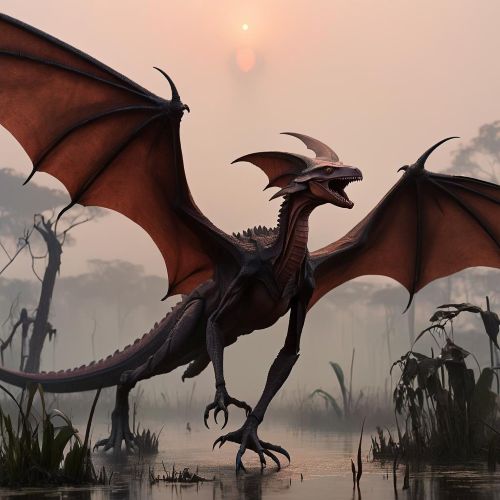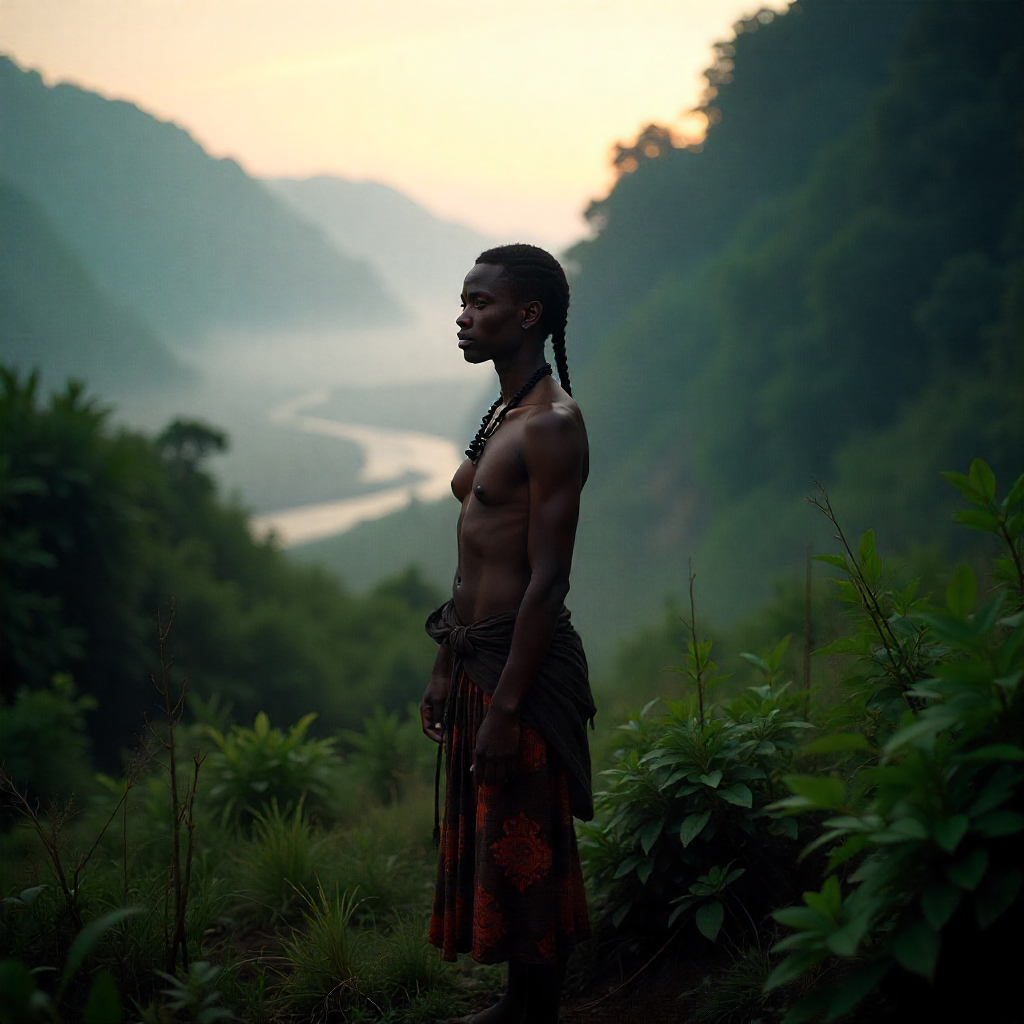Kaonde Mythology
Kaonde mythology, rooted in the northwestern highlands of Zambia, carries the wisdom of a people whose lives have long been intertwined with the forests, hills, and rivers of Central Africa. The Kaonde, one of Zambia’s oldest Bantu-speaking groups, developed a worldview that reflects a profound balance between humanity, the natural world, and the ancestral realm. Their myths and rituals are steeped in reverence for the unseen forces that sustain life — from the spirits of the earth and rain to the powerful ancestors who guide and protect their descendants.
At the center of Kaonde cosmology stands Nzambi, the supreme creator and sustainer of all things. Sometimes called Nzambi Kalunga, he is the god of the sky and the spirit that animates life across the universe. Nzambi created the earth, the sun, and all living beings, placing moral order at the heart of creation. Though distant and transcendent, Nzambi is not indifferent — his presence is felt through the rhythms of rain, growth, and the turning of seasons. For the Kaonde, his perfection lies in balance: he brings fertility to the soil and justice to human affairs, reminding all that harmony with the divine is the key to survival.
Yet, in Kaonde mythology, it is the spirits of the ancestors (mizhimo) who dwell closest to humanity. They are the bridge between Nzambi and the living, guardians of morality and keepers of wisdom. Every clan traces its spiritual lineage to a founding ancestor whose spirit remains active in daily life. Offerings of millet beer, tobacco, and food are made to honor these forebears, ensuring their continued favor. When illness, drought, or misfortune occurs, it is believed that the ancestors are calling for remembrance or restitution. The Kaonde proverb, “The dead do not leave us; they stand behind us,” captures the enduring intimacy between the living and the departed.
The natural world in Kaonde belief is alive with sacred presence. Forests are the dwelling places of elemental spirits (bafumu), and certain trees, rivers, and hills are regarded as holy. The rain spirits hold special significance — they are invoked through ritual dances and offerings, for rain is not merely weather but the lifeblood of creation. The Kaonde also practice divination, where spiritual specialists interpret signs from nature or ancestral dreams to guide communities in times of uncertainty.
One of the most symbolic rituals in Kaonde spirituality is the Mukanda initiation, a rite of passage for young men that combines myth, moral teaching, and transformation. The initiates undergo seclusion in the forest, where they are taught the secrets of adulthood, respect for the ancestors, and the laws of Nzambi. The ritual embodies death and rebirth — a microcosm of the cosmic cycle that defines all life in Kaonde belief.
Even in the modern world, Kaonde mythology remains a living narrative — whispered in ancestral prayers, sung in harvest ceremonies, and reflected in the community’s harmony with nature. It teaches that humanity’s strength lies not in dominance over the earth, but in coexistence with the forces that created it.



